Nguyen Thanh Huong (character name has been changed) is an office worker in Hanoi. During a conversation with a friend via Facebook Messenger, Huong's friend said goodbye and ended the conversation but suddenly returned to text, asking to borrow money and suggesting to transfer money to a bank account.

Deepfakes are being used by hackers to commit online fraud
Although the account name matched her friend's name, Huong was still a little suspicious and requested a video call to verify. Her friend agreed immediately, but the call only lasted a few seconds due to "internet lag," according to her friend's explanation. Seeing her friend's face on the video call, and hearing her voice, Huong no longer doubted and transferred the money. However, it was only after the transfer was successful that Huong realized she had fallen into the hacker's trap.
Not only Huong, many other victims who are friends and relatives of Huong's friend were also scammed in the same way. The amount of money the bad guys scammed from that Facebook account is up to tens of millions of dong.
In the second half of 2023, security firm Bkav continuously received reports and requests for help from victims about similar scams. According to Bkav experts, in Huong's case, the bad guys took control of the Facebook account but did not immediately take over completely, but secretly followed, waiting for an opportunity to pretend to be the victim to ask their friends and relatives to borrow money. They used AI to create a fake video of the Facebook account owner's face and voice (Deepfake). When asked to make a video call to verify, they agreed to accept the call but then quickly disconnected to avoid detection.
Mr. Nguyen Tien Dat, General Director of Bkav's AntiMalware Research Center, said: "The ability to collect and analyze user data through AI allows the creation of sophisticated fraud strategies. This also means that the complexity of fraud scenarios when combining Deepfake and GPT will increase, making fraud detection much more difficult."
Bkav recommends that users should be especially vigilant, not provide personal information (ID card, bank account, OTP code...), not transfer money to strangers via phone, social networks, websites with signs of fraud. When there is a request to borrow/transfer money to an account via social networks, other authentication methods should be used such as calling or using other communication channels to confirm.
Source link








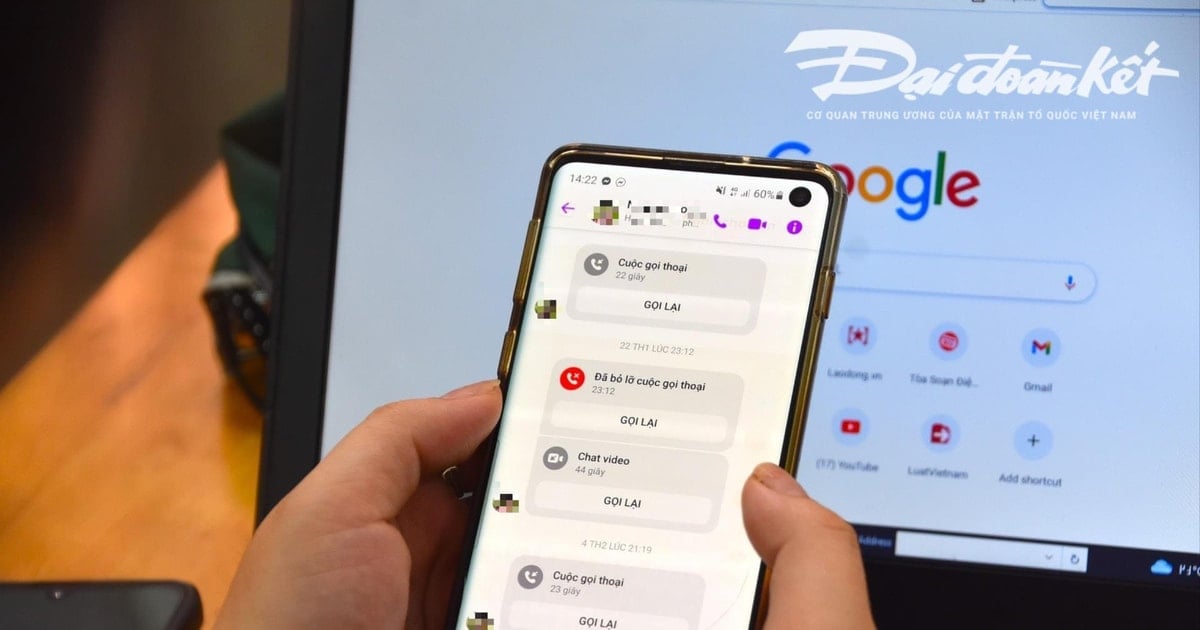



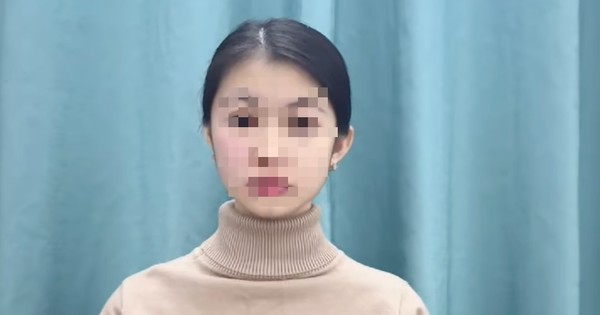







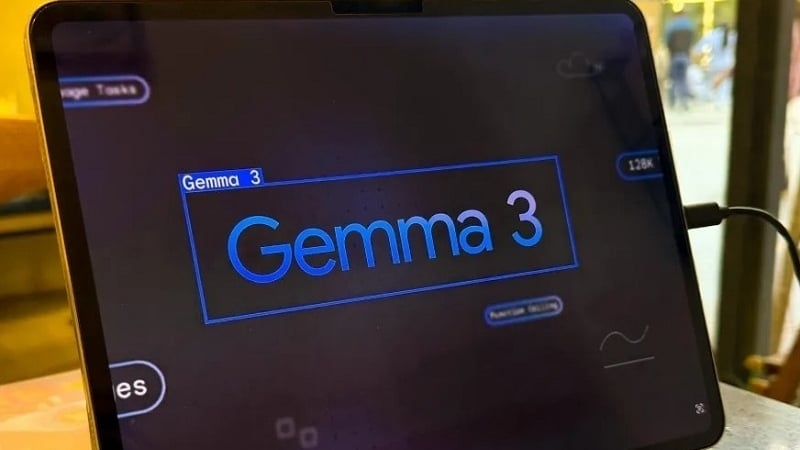



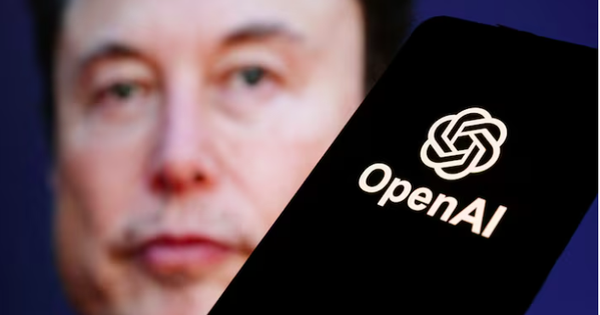

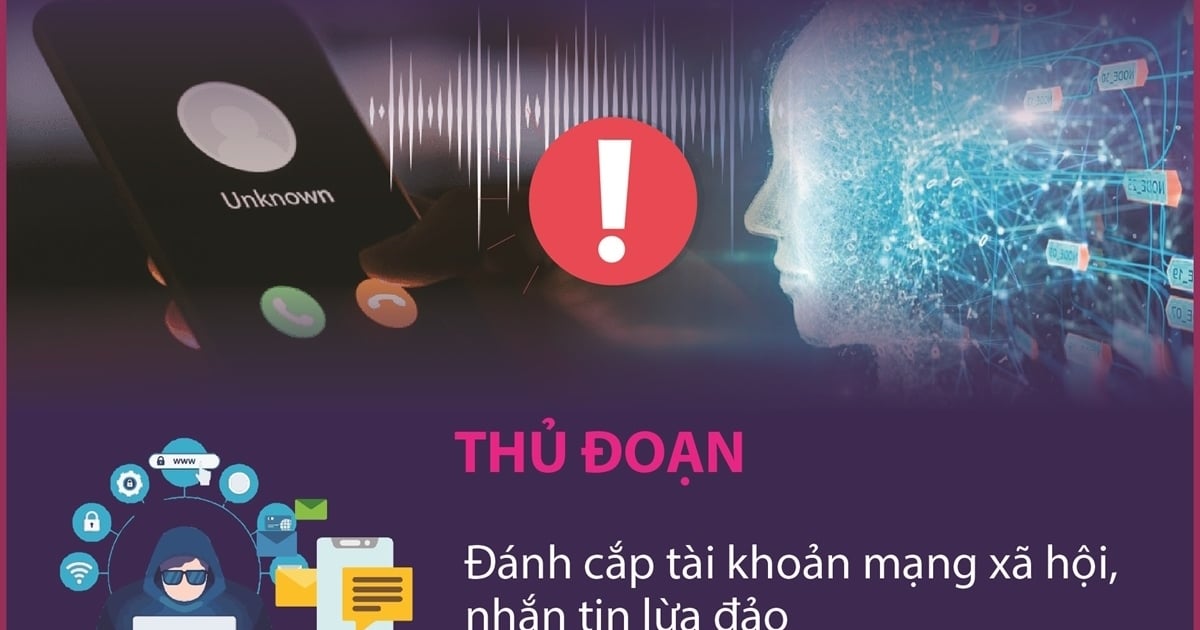




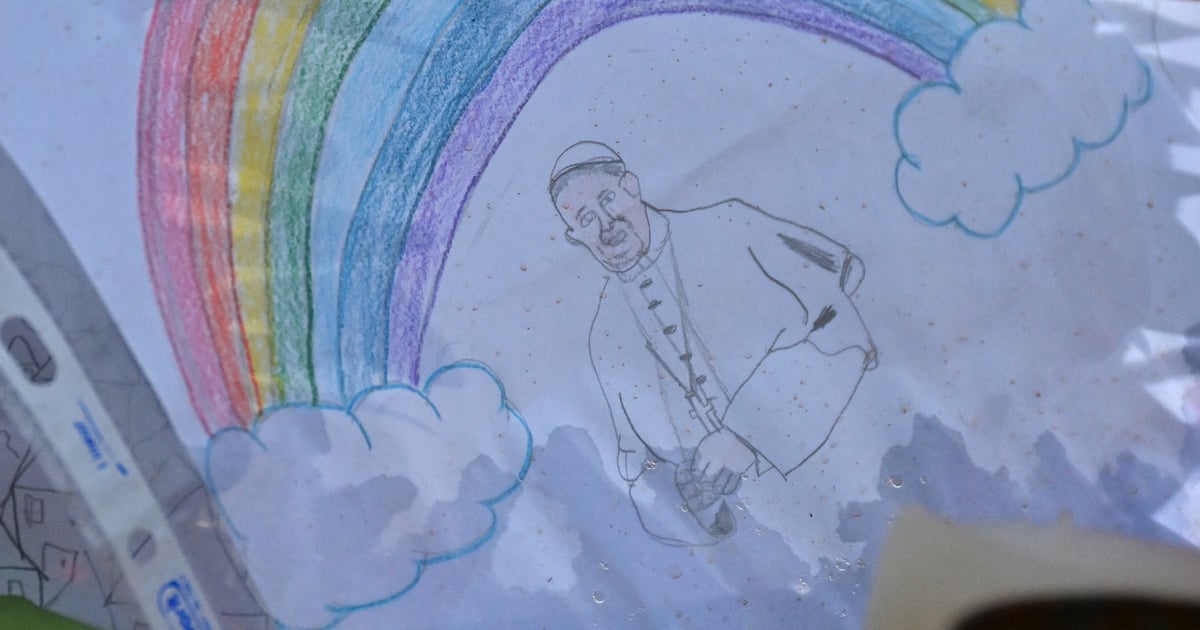


















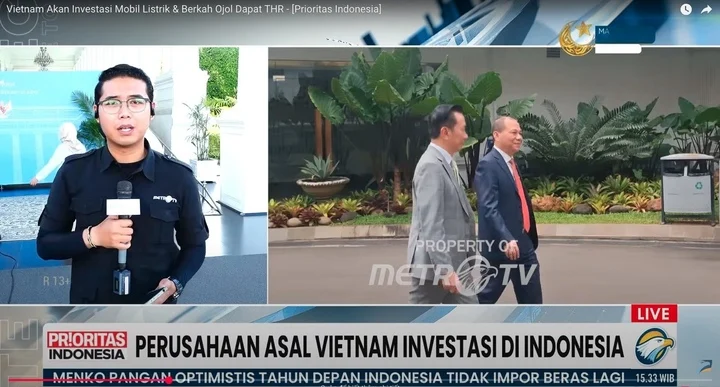
















































Comment (0)